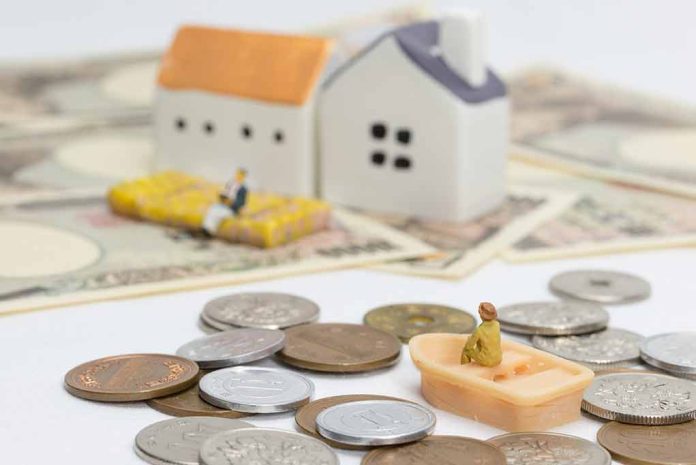
(DailyDig.com) – Buying a home has long been considered the American dream. If you’re in the market for your first home, it probably seems like everyone from your real estate agent to your hairdresser is encouraging you to buy the nicest house you can afford. That’s usually really good advice, but here’s the real question—exactly how much house can you really afford?
It is absolutely true that your real estate agent is legally bound to look out for your best interests, but the only thing they really know about your financial situation is what your mortgage lender tells them—the maximum amount they’re willing to lend you. And your lender only has part of the overall situation—the raw numbers. They don’t know that you like to travel, or that you are trying to save for college, or that your company may be planning large scale layoffs. All of these intangibles contribute to your true financial picture, and you should consider every aspect of your life before you commit to a mortgage that you can afford on paper, but that may be more than you can comfortably handle on a monthly basis.
Being house-rich…..
Lots of people buy the most expensive house they can afford on paper, and love their new home. Until something goes wrong, and they have to replace the roof or the plumbing at the same time their summer camp tuition is due. Many lenders require that a homebuyer have a certain amount in savings to qualify for a loan, but just as many do not, and assume that you have the financial smarts to plan for rainy days.
Also, many people buying their first home assume that bigger is always better. They walk through big rooms with vaulted ceilings or mature landscaping and envision themselves entertaining friends, or enjoying lazy weekend mornings outside on the patio. What they don’t see are the costs of upkeep—utilities and maintenance chew up a larger portion of your budget than you think. That lush lawn and perennial beds demand your entire weekend, or a costly weekly lawn service, and those rooms you hardly ever use still have to be heated and cooled. Not to mention the costs to furnish and finish a large home.
And cash-poor…
Before you sign a contract for a house that pushed the edges of what you can afford, take a hard look at your budget. You may decide that a less expensive home makes more sense. Do you really want a large home that you can’t afford to furnish? Or a big mortgage that takes a bigger bite of your income than you had really thought, especially after you factor in that taxes and insurance that can make your mortgage payment skyrocket.
Here’s a good rule of thumb. Lenders determine the loan amount you qualify for based on your debts and your income. A conventional loan is calculated like this: 28% of your gross income can go towards a mortgage. Your total debt load—car and student loans, credit cards, etc—can’t exceed 36% of your total income. If you have a household income of $125,000, your monthly income is $10, 416. Let’s assume your other debts are $1200. Based on the conventional loan formula, you can afford a mortgage of roughly $2550 per month. Look at the real number—your take-home pay—since that’s the actual amount of money you have to spend every month. If your expenses are close to $4000 per month (after you factor in taxes and insurance), that doesn’t leave a ton for living expenses, and certainly takes a bite out of your disposable income.
Houses are expensive to buy, and expensive to maintain. Make sure you’re buying a home that you can afford based on your real budget, not the lender’s. You can always buy the big house later, when you can really enjoy it and not stress over finances.
Copyright 2023, DailyDig.com













